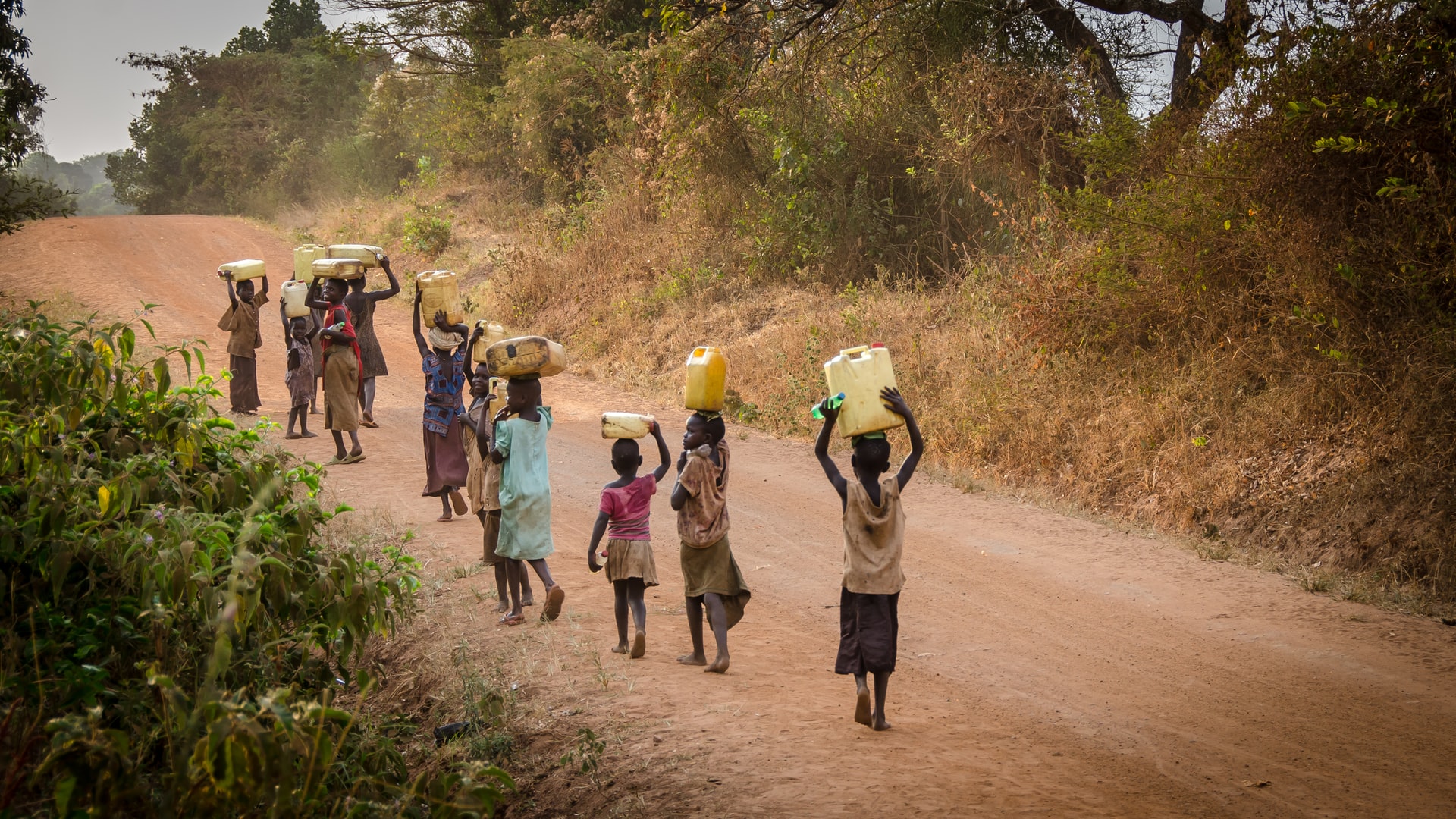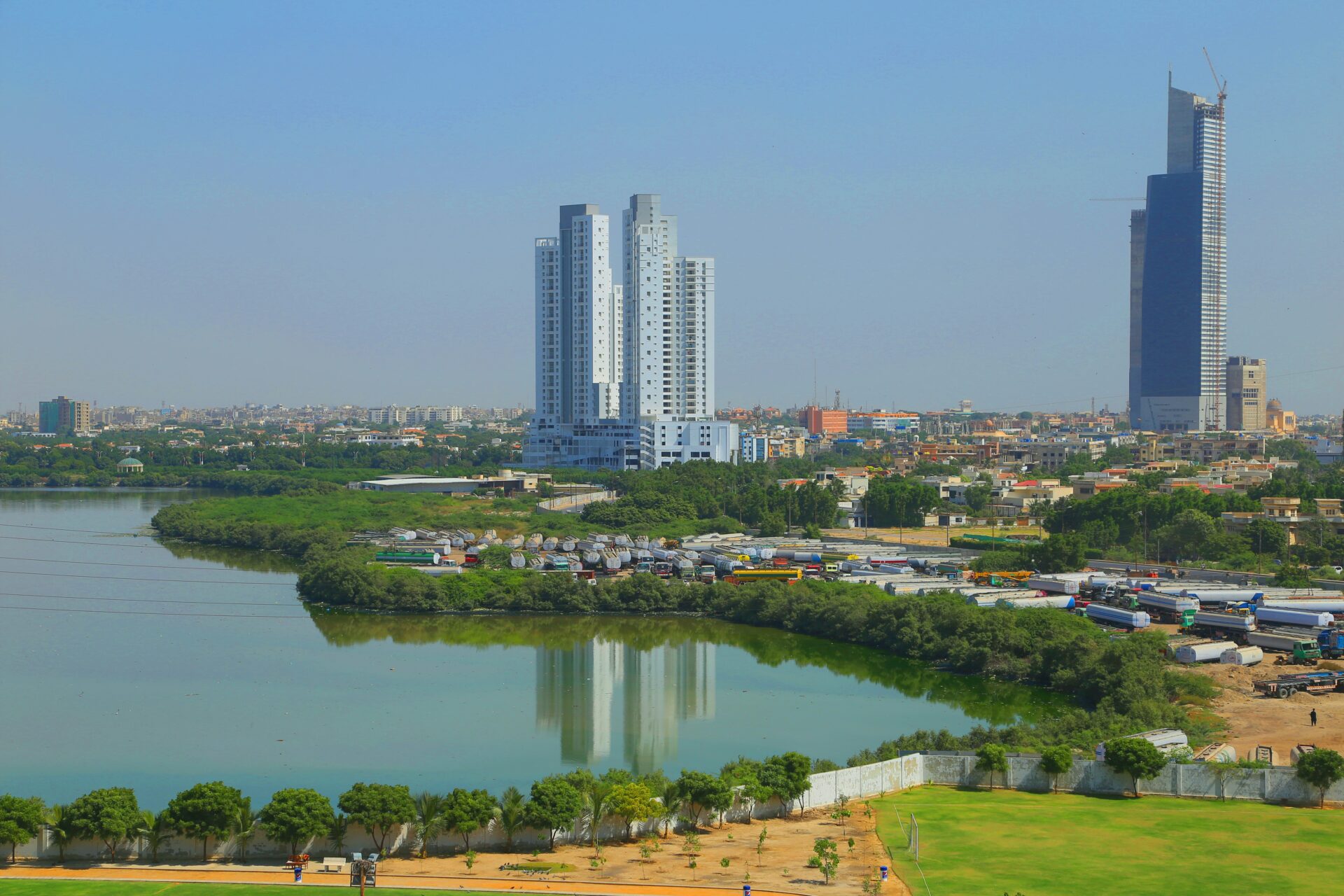Why the World Cannot Overlook Water
There is a strong possibility that future political disputes, and ensuing violent conflicts, may be fueled by water shortages. In fact, it has already become a scarce resource in many densely populated urban areas around the world. Economies that are on less-than-firm footing—politically or otherwise—may well experience strife resulting from opportunists who may try and derive gains from water shortages. Currently, there are an estimated two billion people who depend on groundwater for their daily needs – a resource that is fast depleting.
In several regions of the world, water scarcity—coupled with stressors such as ballooning populations, power imbalances, and climate change effects—is going to lead to one of two scenarios. Countries, and their leaders, will either tread the path of political cooperation or engage in conflict.
Some of the major areas where this may be witnessed include the Nile region in Africa, the Ganges-Brahmaputra and Indus regions in the Indian subcontinent, the Tigris-Euphrates belt in the Middle East, and the Colorado river basin in North America. The EU Science Hub terms these regions “as ‘water hotspots’ where ‘hydro-political interactions’ are most likely to occur”. These areas are already witness to severe water shortages – a predicament that will only escalate in the future should prompt remedial measures not be implemented.
In addition, the effects of climate change and rising populations—particularly in emerging economies—will further increase the possibility of water-related problems by as much as 95 percent.
Water Woes Due to Urbanization and Agriculture
China’s capital city of Beijing is a glitzy metropolis. It conforms to the regular ideals of development, with its world class infrastructure. But this city of 20 million could experience serious problems in the not-too-distant future – one that could disrupt its transit systems and even compromise building foundations. This is because in the depths below, its groundwater levels are fast depleting.
In no uncertain terms, Beijing is sinking. In fact, the rate of sinking in certain areas is alarming with as much as four inches being lost annually. This is due to over exploitation of the aquifer located below its urban scape. In terms of water stress, Beijing now ranks fifth globally.
While Beijing’s predicament is also going to play out in other densely populated urban areas globally, the agriculture sector is as much a contributor to water woes. An overall population growth worldwide means there is more demand for food. And this, in turn, implies higher demand for agricultural products – both crops and livestock. Meanwhile, agriculture is among the most water intensive operations, requiring over 66 percent of total groundwater consumed worldwide.
Alternatives to Traditional Agricultural Practices
The agriculture sector’s water consumption levels have increased three times over the past five decades. And over the next three decades, water consumption in the sector could increase by a further 25-40 percent. This is especially true in regions with high stress such as the Middle East, Africa, and parts of South America. The agriculture sector, therefore, must consider more sustainable practices to ensure long-term adverse effects are mitigated. For instance, hydroponic farming must become more widely adopted.
Hydroponic farming uses significantly less water than traditional farming methods. In fact, when used efficiently, this technique can result in usage of only 10 percent of the water that is otherwise needed for soil farming. To put this into perspective, one kilogram of soil grown tomatoes require about 60 liters of water to produce. In comparison, tomatoes grown in a high-tech hydroponic greenhouse require only four liters – representing a near 90 percent less water requirement.
Additionally, since plants can now absorb nutrients more easily, they require low fertilizer use and even yield fruit or vegetable in a shorter time span. An even bigger advantage that hydroponic farming extends—and one that is in keeping with space restraints—is the ability to grow crops vertically. As a result, up to four times more crop produce can be realized from a particular area.
Preventing Water Conflicts
The foremost way to conserve water is to consciously monitor personal water consumption levels. A second possible route would be to increase clean water availability by taking steps to contain industrial pollution. Third, water harvesting techniques that allow rain water to be harvested for later use can be an effective means to safeguard ground water levels from depleting. Further uses of grey water can be explored besides its most common uses of irrigating lawns and gardens. Singapore and Israel have made considerable advances in exploring further grey water use cases.
Water conflicts are no longer a distant threat; they may well occur in the near future. And it is, therefore, imperative to consider ways and means to lessen water perils.
In 2018 on World Water Day, António Guterres, the Secretary-General of the United Nations made a speech which we must all heed today. “Safe water and adequate sanitation underpin poverty reduction, economic growth and healthy ecosystems. They contribute to social wellbeing, inclusive growth and sustainable livelihoods. But, growing demands for water, coupled with poor water management, have increased water stress in many parts of the world. Climate change is adding to the pressure – and it is running faster than we are. With demand for freshwater projected to grow by more than 40 percent by the middle of the century, and with climate change having a growing impact, water scarcity is an enormous concern. By 2050 at least one in four people will live in a country where the lack of fresh water will be chronic or recurrent. Without effective management of our water resources, we risk intensified disputes between communities and sectors and even increased tensions among nations. So far, water has historically proven to be a catalyst for cooperation not for conflict…But we cannot take peace—or our precious and fragile water resources —for granted. Quite simply, water is a matter of life and death.”
Photo Caption: Children carrying water jars in Africa. Steps must be taken now to mitigate the looming water crisis.



